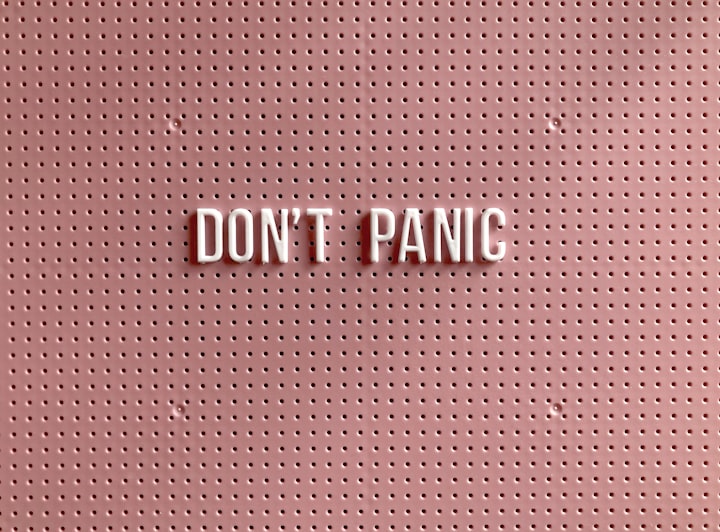Mental Health Awareness: Coping with Anxiety and Depression
Understanding and Nurturing Mental Well-being
Mental health is an essential aspect of our overall well-being. However, anxiety and depression are two common mental health disorders that affect millions of people worldwide. Understanding these conditions and learning effective coping strategies is crucial for promoting mental health awareness. This article aims to shed light on anxiety and depression, their impact on individuals' lives, and practical techniques to cope with these conditions. By fostering a better understanding of mental health, we can create a supportive environment and encourage positive steps towards emotional well-being.
I. Understanding Anxiety
Anxiety is a prevalent mental health disorder characterized by persistent feelings of fear, worry, and apprehension. It can manifest as general anxiety disorder (GAD), panic disorder, social anxiety disorder, or specific phobias. People with anxiety often experience physical symptoms such as rapid heartbeat, shortness of breath, trembling, and excessive sweating. Understanding the nature of anxiety is the first step towards coping with it effectively. Recognizing triggers, understanding thought patterns, and seeking professional help are vital components of managing anxiety.
II. Grappling with Depression
Depression is a mood disorder that affects one's emotional well-being and overall functioning. It is characterized by persistent feelings of sadness, hopelessness, and a loss of interest in previously enjoyed activities. Individuals with depression may experience changes in appetite, sleep disturbances, low energy levels, difficulty concentrating, and even thoughts of self-harm. Coping with depression requires a multi-faceted approach, involving therapy, medication, lifestyle changes, and a strong support system. It is essential to recognize the signs of depression and seek professional help for an accurate diagnosis and appropriate treatment.
III. Coping Strategies for Anxiety and Depression
a. Seeking Professional Help: Consulting a mental health professional is crucial for managing anxiety and depression. Therapists can provide strategies, such as cognitive-behavioral therapy (CBT), to address negative thought patterns and develop effective coping mechanisms. Medication may also be prescribed when necessary.
b. Building a Support System: Cultivating a strong support network of family, friends, or support groups can provide emotional support and understanding. Sharing experiences and seeking guidance from those who have dealt with similar challenges can be incredibly helpful.
c. Practicing Self-Care: Prioritizing self-care activities is vital for managing anxiety and depression. Engaging in activities that bring joy, such as hobbies, exercise, or spending time in nature, can improve mood and overall well-being. Adequate sleep, a balanced diet, and regular physical activity contribute to better mental health.
d. Relaxation Techniques: Incorporating relaxation techniques, such as deep breathing exercises, meditation, or mindfulness practices, can help reduce anxiety and promote emotional balance. These techniques aid in managing stress and building resilience.
e. Challenging Negative Thoughts: Cognitive restructuring involves identifying and challenging negative thoughts or distorted thinking patterns. By replacing negative thoughts with more positive and realistic ones, individuals can reframe their perception of situations and reduce anxiety and depressive symptoms.
f. Setting Realistic Goals: Setting achievable goals and breaking them down into smaller, manageable steps can help individuals regain a sense of control and accomplishment. This approach can counteract feelings of hopelessness and boost motivation.
g. Social Support and Communication: Sharing feelings and concerns with trusted individuals helps alleviate the emotional burden. Effective communication and open dialogue foster understanding, empathy, and a sense of connection.
h. Limiting Stressors: Identifying and reducing sources of stress can significantly improve mental well-being. This may involve setting boundaries, practicing time management, and eliminating or delegating tasks that cause excessive stress.
Conclusion
Anxiety and depression are complex mental health disorders that require attention, understanding, and support. By promoting mental health awareness and encouraging open conversations, we can create a compassionate environment where individuals feel safe seeking help and implementing coping strategies. Remember, managing anxiety and depression is a journey that requires patience and self-compassion. By implementing the coping strategies outlined in this article, individuals can take positive steps towards nurturing their mental well-being and enjoying a healthier and more fulfilling life.
About the Creator
Steephens Justin Raj
Steephens Justin Raj from Kerala, India. An accomplished research scholar and motivational speaker, embracing Cultural Diversity.







Comments
There are no comments for this story
Be the first to respond and start the conversation.